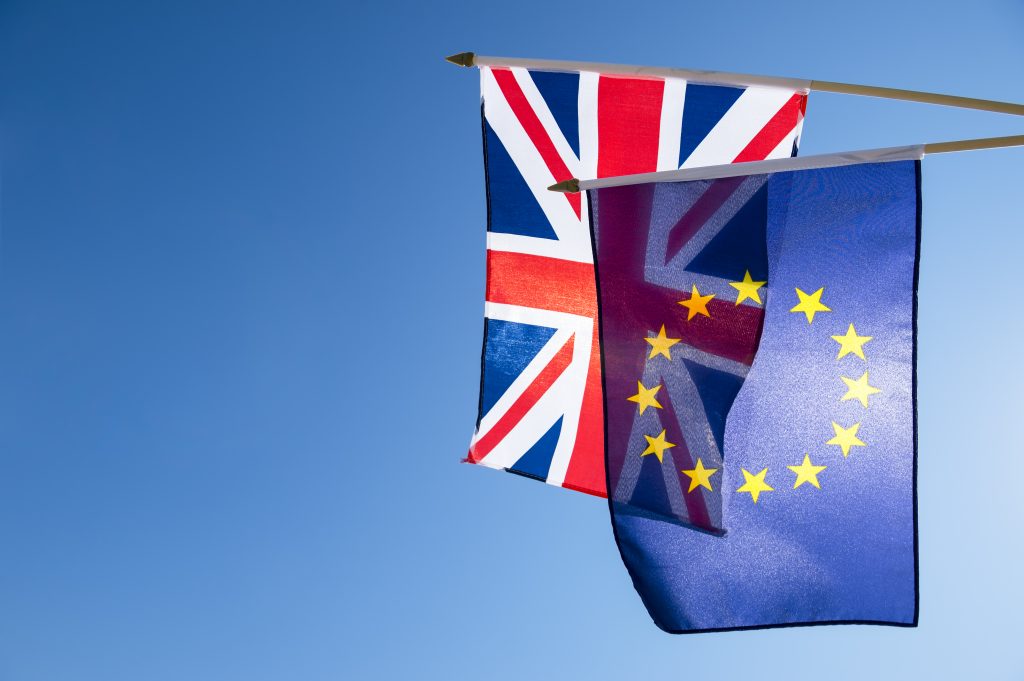At the end of the Brexit transition period, certain regulations and conventions governing jurisdiction and enforcement ceased to apply to the UK, making the process for enforcing UK court judgments in EU member states, Iceland, Norway and Switzerland less clear-cut.
On 1 January 2021, the UK acceded to the 2005 Hague Convention on choice of court agreements (the “Hague Convention”) which provides a framework for enforcing UK court judgments in other contracting states, including EU member states. Although helpful where it applies, the application of the Hague Convention is far more limited than the regimes relied on when enforcing UK court judgments in Europe pre-Brexit (namely the Recast Brussels Regulation and Lugano Convention).
Having been a party by virtue of its EU membership up until the end of the transition period, the UK applied in early April 2020 to accede in its own right to the 2007 Convention on jurisdiction and the enforcement of judgments in civil and commercial matters (the “Lugano Convention”). The Lugano Convention governs jurisdiction and the enforcement of judgments in civil and commercial matters between EU member states, Iceland, Norway and Switzerland. Accession requires the consent of all contracting parties and those parties should, according to the convention, “endeavour” to give their consent within one year. Support has been given by Switzerland, Norway and Iceland, but not, so far, by the EU.
The European Commission has recommended that the EU does not consent to the UK’s application to accede to the Lugano Convention and, on 22 June 2021, the European Commission notified the Swiss Federal Counsel (as the depositary for the Lugano Convention) that “the European Union is not in a position to give its consent to invite the United Kingdom to accede to the Lugano Convention”. The final decision is ultimately expected to fall to the European Council with a vote of member states required to decide the fate of the UK’s application. The wait continues.









